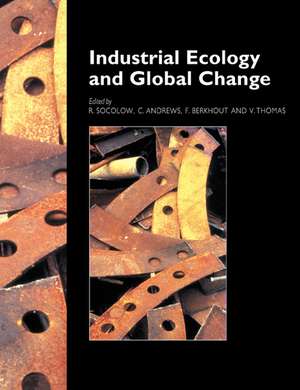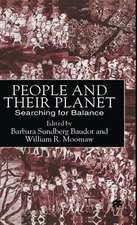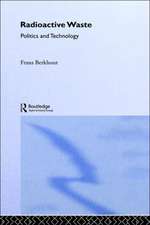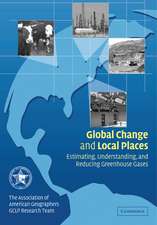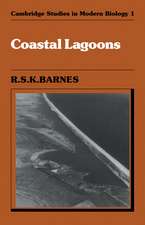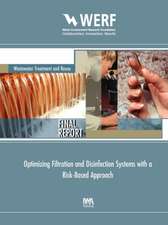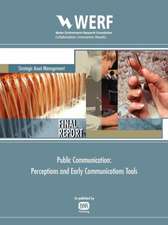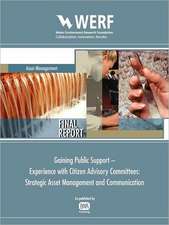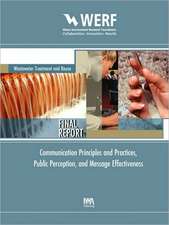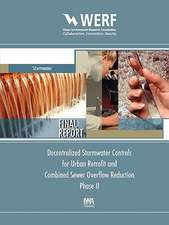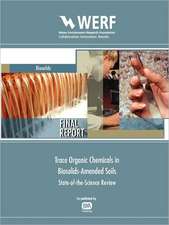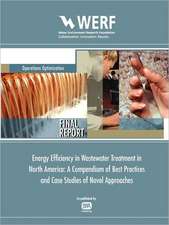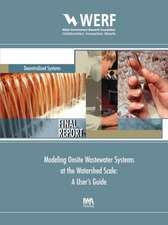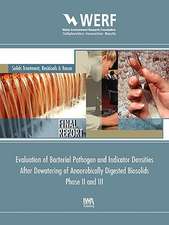Industrial Ecology and Global Change
Editat de R. Socolow, C. Andrews, F. Berkhout, V. Thomas Cuvânt înainte de William R. Moomawen Limba Engleză Paperback – 4 dec 1996
Preț: 465.84 lei
Nou
Puncte Express: 699
Preț estimativ în valută:
89.15€ • 92.51$ • 74.51£
89.15€ • 92.51$ • 74.51£
Carte tipărită la comandă
Livrare economică 17-31 martie
Preluare comenzi: 021 569.72.76
Specificații
ISBN-13: 9780521577830
ISBN-10: 0521577837
Pagini: 532
Ilustrații: 83 b/w illus. 43 tables
Dimensiuni: 188 x 248 x 26 mm
Greutate: 0.95 kg
Ediția:Revised
Editura: Cambridge University Press
Colecția Cambridge University Press
Locul publicării:Cambridge, United Kingdom
ISBN-10: 0521577837
Pagini: 532
Ilustrații: 83 b/w illus. 43 tables
Dimensiuni: 188 x 248 x 26 mm
Greutate: 0.95 kg
Ediția:Revised
Editura: Cambridge University Press
Colecția Cambridge University Press
Locul publicării:Cambridge, United Kingdom
Cuprins
Foreword William Moomaw; Preface Robert Socolow; Acknowledgments; Contributors; Overview: 1. Six perspectives from industrial ecology Robert Socolow; Part I. Vulnerability and Adaptation: 2. Introduction R. Socolow, C. Andrews; F. Berkhout and V. Thomas; 3. Industrial ecology: definition and implementation Thomas Graedel; 4. Industrialization as a historical phenomenon Arnulf Grübler; 5. Changing perceptions of vulnerability Robin Cantor and Steve Rayner; 6. The human dimension of vulnerability Robert S. Chen; 7. Global industrialization: a developing country perspective Saleemul Huq; Part II. The Grand Cycles: Disruption and Repair: 8. Introduction R. Socolow, C. Andrews; F. Berkhout and V. Thomas; 9. Human impacts on the carbon and nitrogen cycles Robert U. Ayres; William H. Schlesinger and Robert H. Socolow; 10. Charting development paths: a multicountry comparison of carbon dioxide emissions William Moomaw and Mark Tullis; 11. Reducing urban sources of methane: an experiment in industrial ecology Robert Harris; 12. Reducing carbon dioxide emissions in Russia Yuri Kononov; 13. Energy efficiency in China: past experience and future prospects Jiang Zhenping; 14. Roles for biomass energy in sustainable development Robert Williams; Part III. Toxics and The Environment: 15. Introduction R. Socolow, C. Andrews; F. Berkhout and V. Thomas; 16. Soil as a vulnerable environmental system Jerald Schnoor and Valerie Thomas; 17. The vulnerability of biotic diversity William Schlesinger; 18. Global ecotoxicology: management and science Susan Anderson; 19. Industrial activity and metals emissions Jerome Nriagu; 20. Metals loading of the environment: cadmium in the rhine basin William Stigliani, Peter Jaffé and Stefan Anderberg; 21. Emissions and exposure to metals: cadmium and lead Valerie Thomas and Thomas Spiro; 22. Nuclear power: an industrial ecology that failed? Frans Berkhout; Part IV. Industrial Ecology In Firms: 23. Introduction R. Socolow, C. Andrews; F. Berkhout and V. Thomas; 24. Product life-cycle management to replace waste management Michael Braungart; 25. Industrial ecology in the manufacturing of consumer products Wayne France and Valerie Thomas; 26. Design for environment: a management perspective Bruce Paton; 27. Prioritizing impacts in industrial ecology Thomas Graedel, Inge Horkeby and Victoria Norberg-Bohm; 28. Finding and implementing projects that reduce waste Kenneth Nelson; 29. Free-lunch economics for industrial ecologists Theodore Panayotou and Clifford Zinnes; Part V. Industrial Ecology In Policy-Making: 30. Introduction R. Socolow, C. Andrews; F. Berkhout and V. Thomas; 31. Policies to encourage clean technology Clinton Andrews; 32. Initiatives in Lower Saxony to link ecology to economy Monika Griefahn; 33. Military-to-civilian conversion and the environment in Russia George Golitsyn; 34. The political economy of raw materials extraction and trade Stephen Bunker; 35. Development, environment and energy efficiency Ashok Gadgil; End piece: 36. The industrial ecology agenda Clinton Andrews; Frans Berkhout and Valerie Thomas; Organizing committee members; Working groups; Index.
Recenzii
'… aims to provide coherence to the thinking about industrial ecology by clarifying what is more and less important and what is well and poorly understood … a rich mix of topics.' Integrated Environmental Management
'… a refreshingly positive and constructive look at our impact on the natural world and the remedial policies we should adopt for the future … This is an important and well-presented text.' Peter D. Moore, New Scientist
'… excellent and far-reaching volume.' James Eflin, Global Environmental Change
'The book is recommended as a source book for those concerned with global change and its relationship with industry.' Ian W. Drummond, OUGS Journal
'… a very well produced book with excellent references and very clear illustrations.' Margaret C. Enger, OUGS Journal
'This is an important work on the subject that cannot be ignored.' MRDS, The Naturalist
'… a refreshingly positive and constructive look at our impact on the natural world and the remedial policies we should adopt for the future … This is an important and well-presented text.' Peter D. Moore, New Scientist
'… excellent and far-reaching volume.' James Eflin, Global Environmental Change
'The book is recommended as a source book for those concerned with global change and its relationship with industry.' Ian W. Drummond, OUGS Journal
'… a very well produced book with excellent references and very clear illustrations.' Margaret C. Enger, OUGS Journal
'This is an important work on the subject that cannot be ignored.' MRDS, The Naturalist
Descriere
Discusses a different approach to addressing environmental problems, aimed at a broad interdisciplinary audience.
